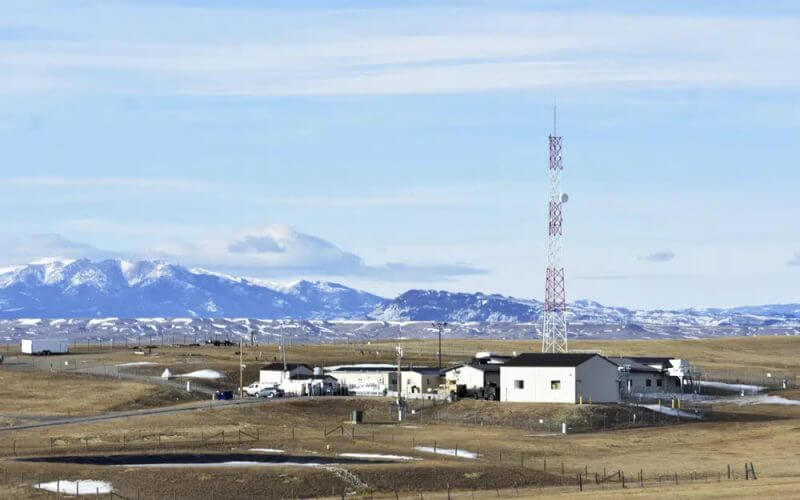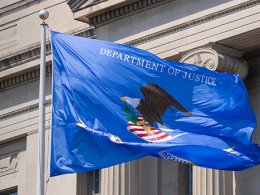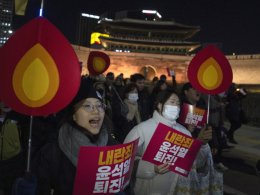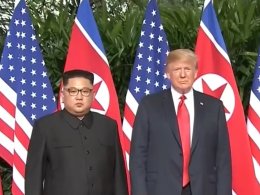Near the banks of Montana’s Musselshell River, cattle rancher Michael Miller saw a large, white orb above the town of Harlowton last week, a day before U.S. officials revealed they were tracking a suspected Chinese spy balloon over the state. The balloon caused a stir in the 900-person town surrounded by cattle ranches, wind farms and scattered nuclear missile silos behind chain link fences.
Miller worries about China as a rising threat to the U.S., but questioned how much intelligence could be gained from a balloon. China’s bigger threat, he said, is to the U.S. economy. Like many throughout the country, Miller wonders if stricter laws are needed to bar farmland sales to foreign nationals so power over agriculture and the food supply doesn’t end up in the wrong hands.
“It’s best not to have a foreign entity buying up land, especially one that’s not really friendly to us,” Miller said. “They are just going to take us over economically, instead of military-wise.”
Miller’s concerns are increasingly shared by U.S. lawmakers after the Chinese balloon’s voyage over American skies inflamed tensions between Washington and Beijing.
In Congress and statehouses, the balloon’s journey added traction to decades-old concerns about foreign land ownership. U.S. Sen. Jon Tester, a Democrat, is sponsoring legislation to include agriculture as a factor in national security decisions allowing foreign real estate investments.
“The bottom line is we don’t want folks from China owning our farmland. It goes against food security and it goes against national security,” Tester told The Associated Press.









